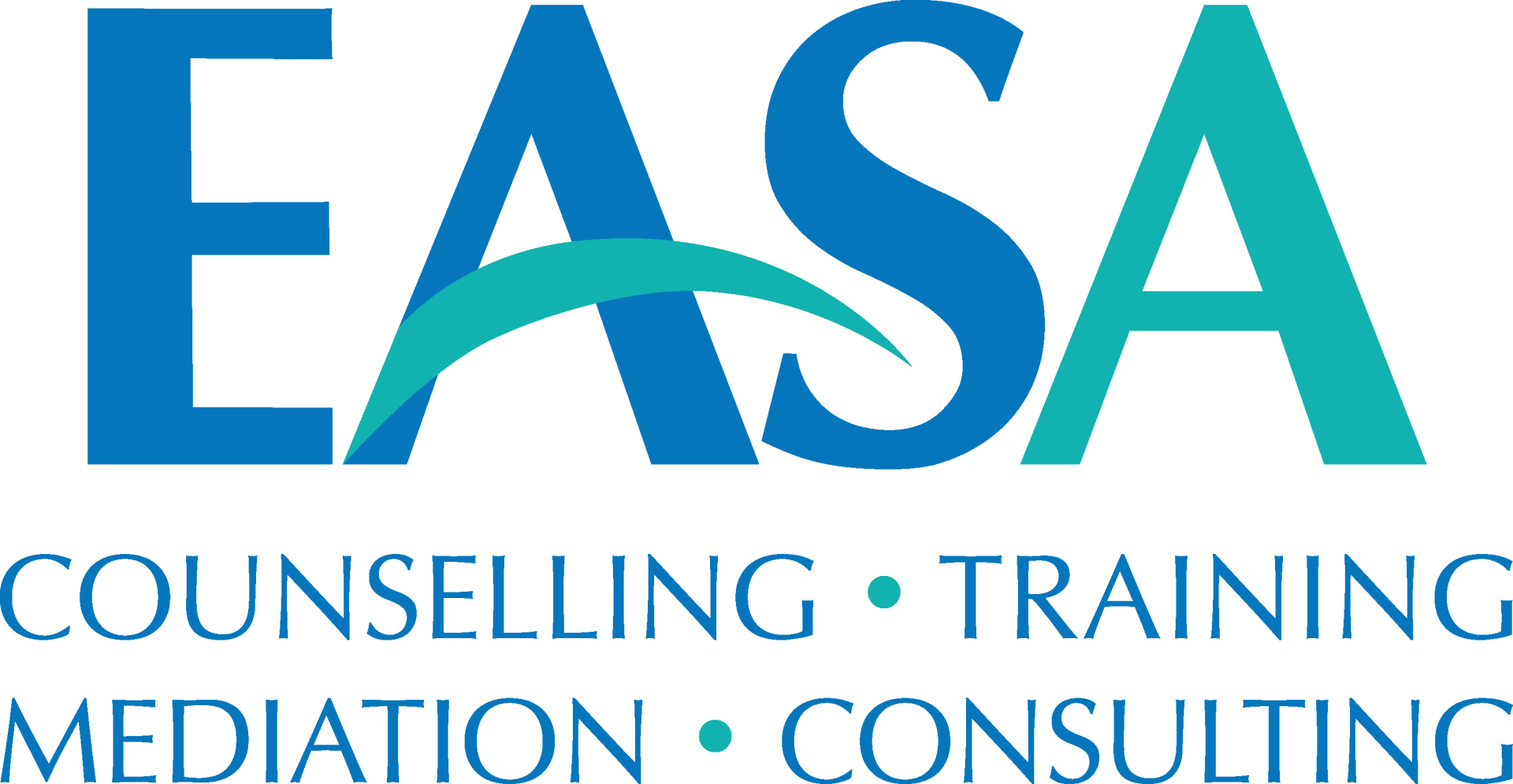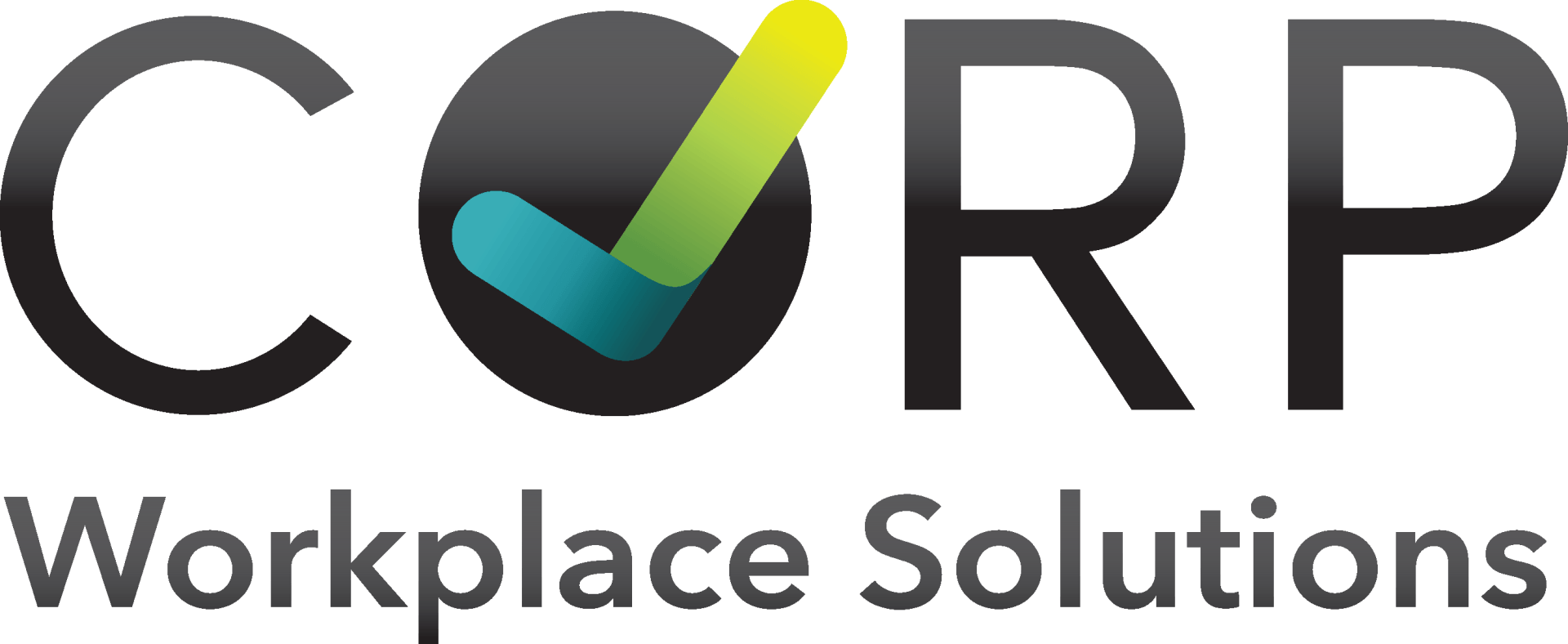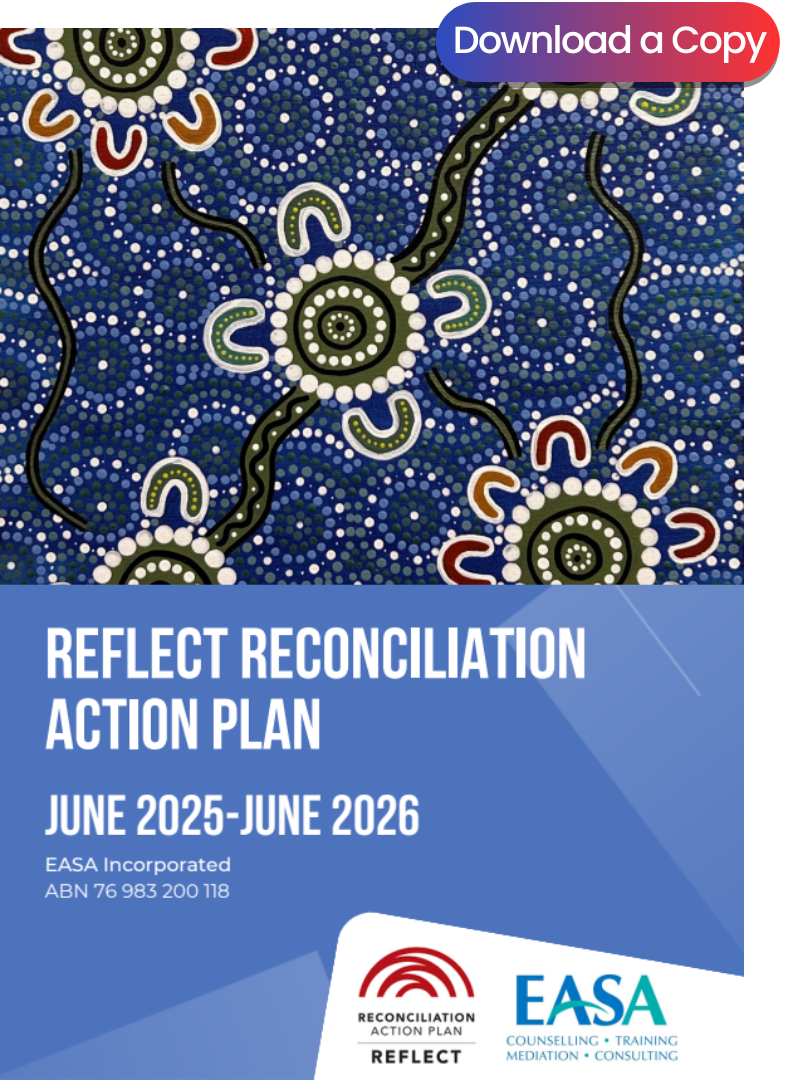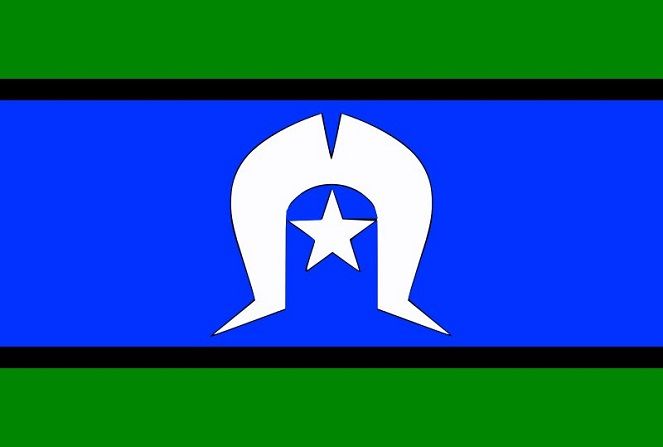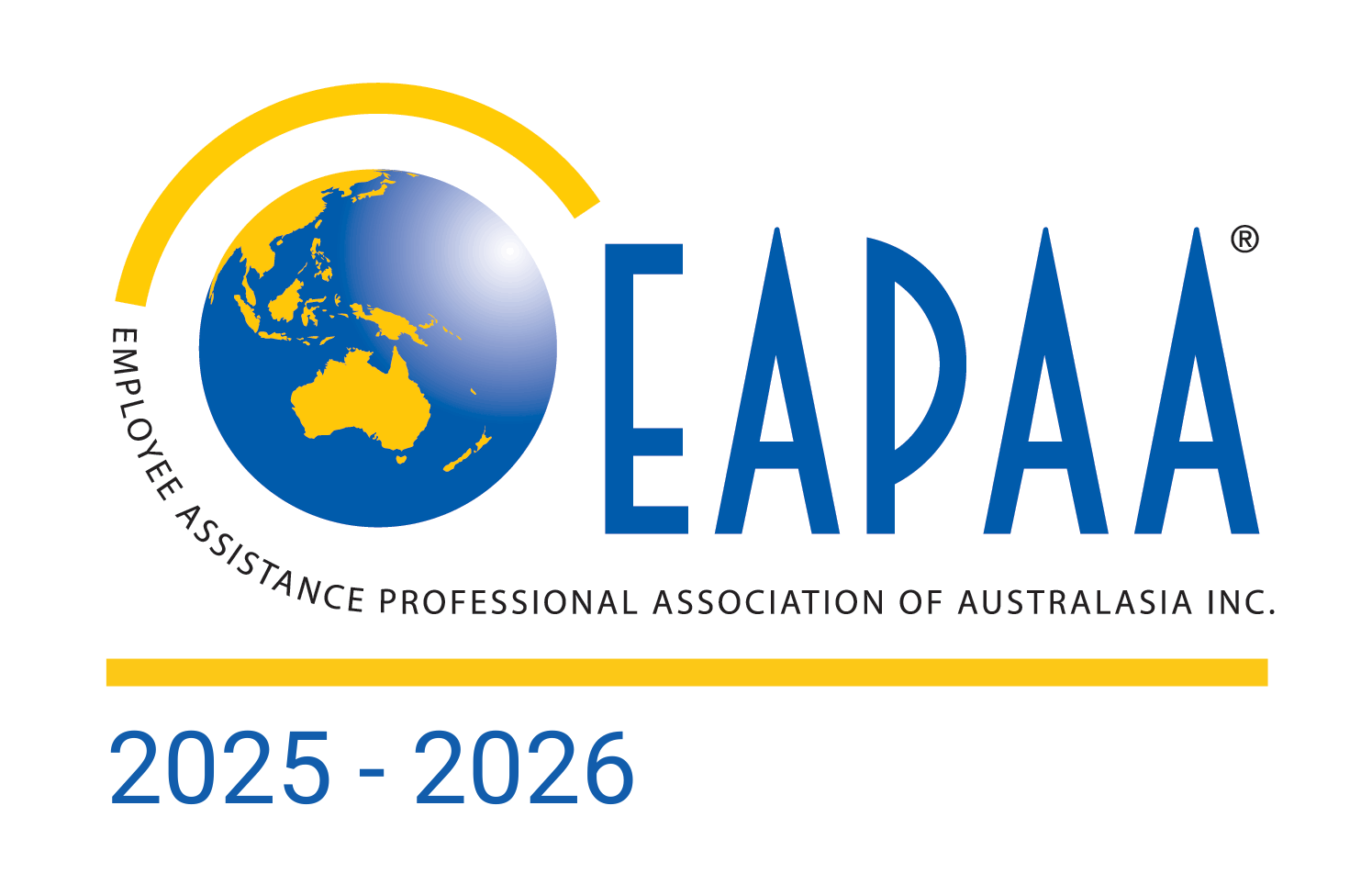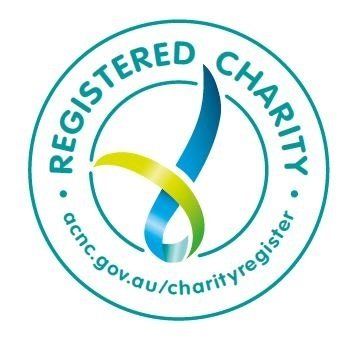Compassion Fatigue is also known as Vicarious Trauma
I write, not as a clinician, but as someone who has experienced compassion fatigue and who also works with and supports a group of amazing clinicians who work tirelessly to assist the needs of others. Anyone can fall victim to compassion fatigue however people whose professions lead to prolonged exposure to other people's trauma can be the most vulnerable.
Compassion fatigue is commonly known as vicarious trauma and acute symptoms can be experienced that may put the professional's physical and mental health at risk.

Empathy is a valuable trait and important for humanity as a whole. However, the more one opens themselves up to other's pain, the more likely that they will share the feelings of the victim experiencing it. Professionals such as healthcare professionals, first responders, humanitarian workers, and other front-line workers to name a few, expose themselves to traumatic stories and images which, if encountered regularly, can lead to total exhaustion, burnout and other concerning issues.
Symptoms that may become apparent include:
- exhaustion
- interrupted sleep, anxiety
- headaches
- stomach issues
- irritability
- numbness or a decreased sense of purpose
- self-contempt
- emotional disconnection and challenges in personal relationships
Even the most dedicated of workers can neglect self-care, pushing their limits by working extra shifts or not taking time off. Whether it is exposure from a single traumatic event or years of accumulation, the ability to continue working in this way is not sustainable and should be identified by the workplace.
It is important to note that burnout is not the same as compassion fatigue where every day stressors contribute to this equally concerning issue. Although they share similar symptoms, the fatigue from compassion is the strain of feeling another person's pain.
This condition is raw and real, people in the helping professions are being urged by their professional bodies, researchers and supporters, to manage compassion fatigue in several ways, including:
- Regular exercise
- Healthy eating
- Committing to adequate rest
- Committing to regular time off
- Techniques such as mindfulness, meditation and/or yoga
- Time out in nature
- Devoting time to interests or hobbies outside of work
- Seeking therapy via your work Employee Assistance Program
As the Practice Manager of EASA, I dedicate a lot of my time to supporting our Clinicians through a variety of means and by listening and taking on their feedback. I also acknowledge that what works for some professionals does not work for others and so a tailored approach to providing a nurturing environment in a work setting is integral.
At EASA we take seriously the care of our staff first, and have the satisfaction of the flow-on effect to each and every one of our customers. Because everyone matters.
